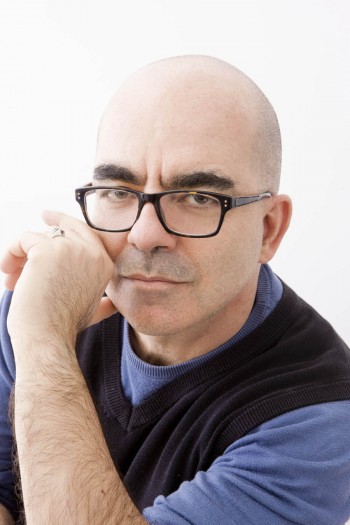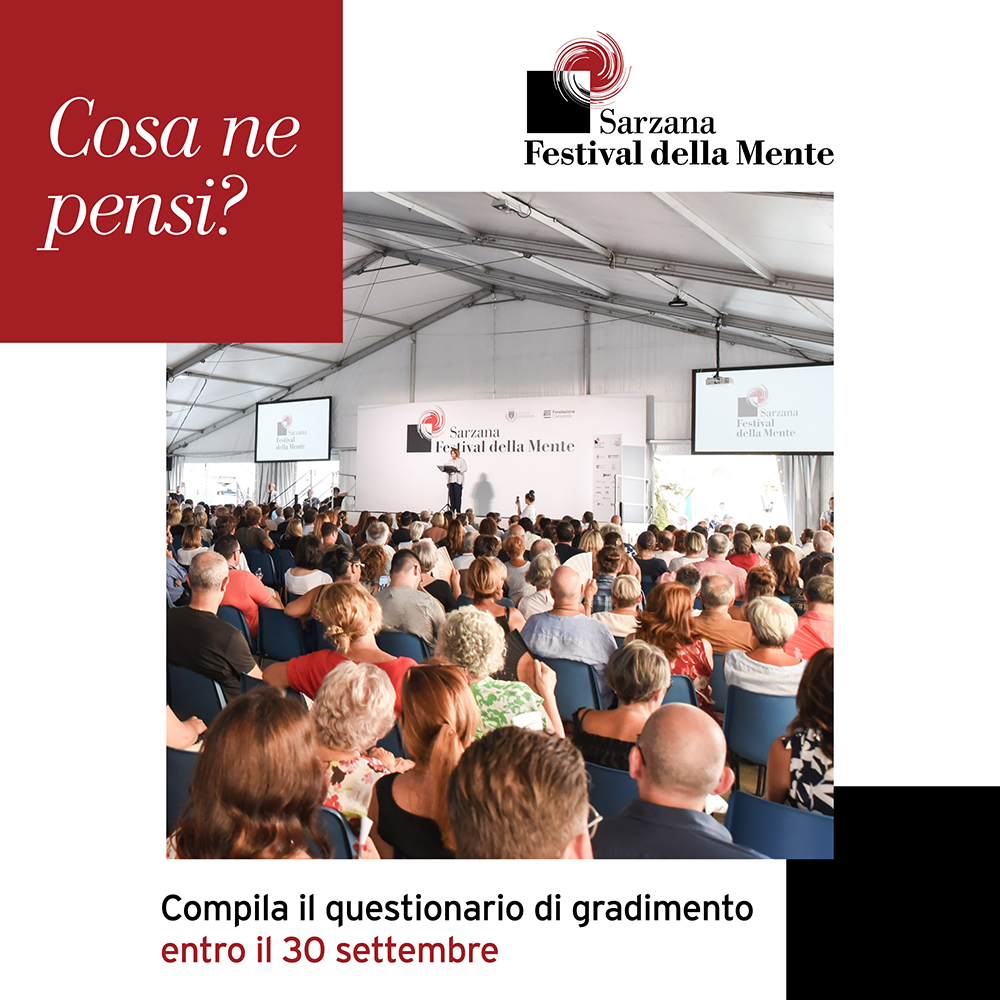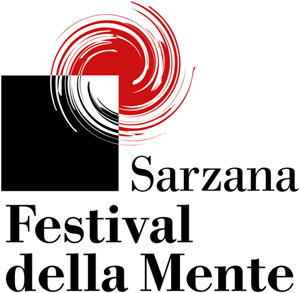2013 Programme
EVENT #9
Nicola Gardini
The gap
A lecture on things untold: omissions, reductions, abbreviations, contractions, erasures, abridgments, cuts, lacunae of various natures and scopes. Not a discussion of linguistics or or neurosciences – although this realm of knowledge arose from the investigation of deficits – but of fiction, a “literature of the gap”: thus far, no-one had ever done this. From Homer to Primo Levi, from Dante to Virginia Woolf, fiction is not only made up of words and affirmations but also of silences – and these silences speak. The gap, the lacuna, just because it is characterized by an omission, leads the reader to presuppose the existence of what does not appear, and therefore to lend verbal invention the status of truth. Thus the lacuna generates an esthetic experience in which the trauma of subtraction is compensated for by the more or less conscious ritual of integration and restoration (duration: approx. 120’).
https://www.festivaldellamente.it/it/live-streaming-alessandro-barbero/is a professor of Italian literature at Oxford and a contributing critic for majpr Italian newspapers (la Repubblica, Corriere della Sera, la Sunday del Sole 24 Ore) and the Times Literary Supplement; he is a member of the editor’s board of Poesia and Paragone. He has authoered literary essays, novels, poetry collections and poetic translations from Latin and English. His most recent essays are Viva il latino (2016) and Con Ovidio. La felicità di leggere un classico (2017), both published by Garzanti. His novels include Le parole perdute di Amelia Lynd (Feltrinelli, 2012, Premio Viareggio 2013) and La vita non vissuta (Feltrinelli, 2015). He is currently illustrating a poetry book for children which will be published next year by Salani.
EVENT #18
Stefano Bartezzaghi, Massimo Recalcati
To inherit or to be creative? Art in the time of disoriented generations























